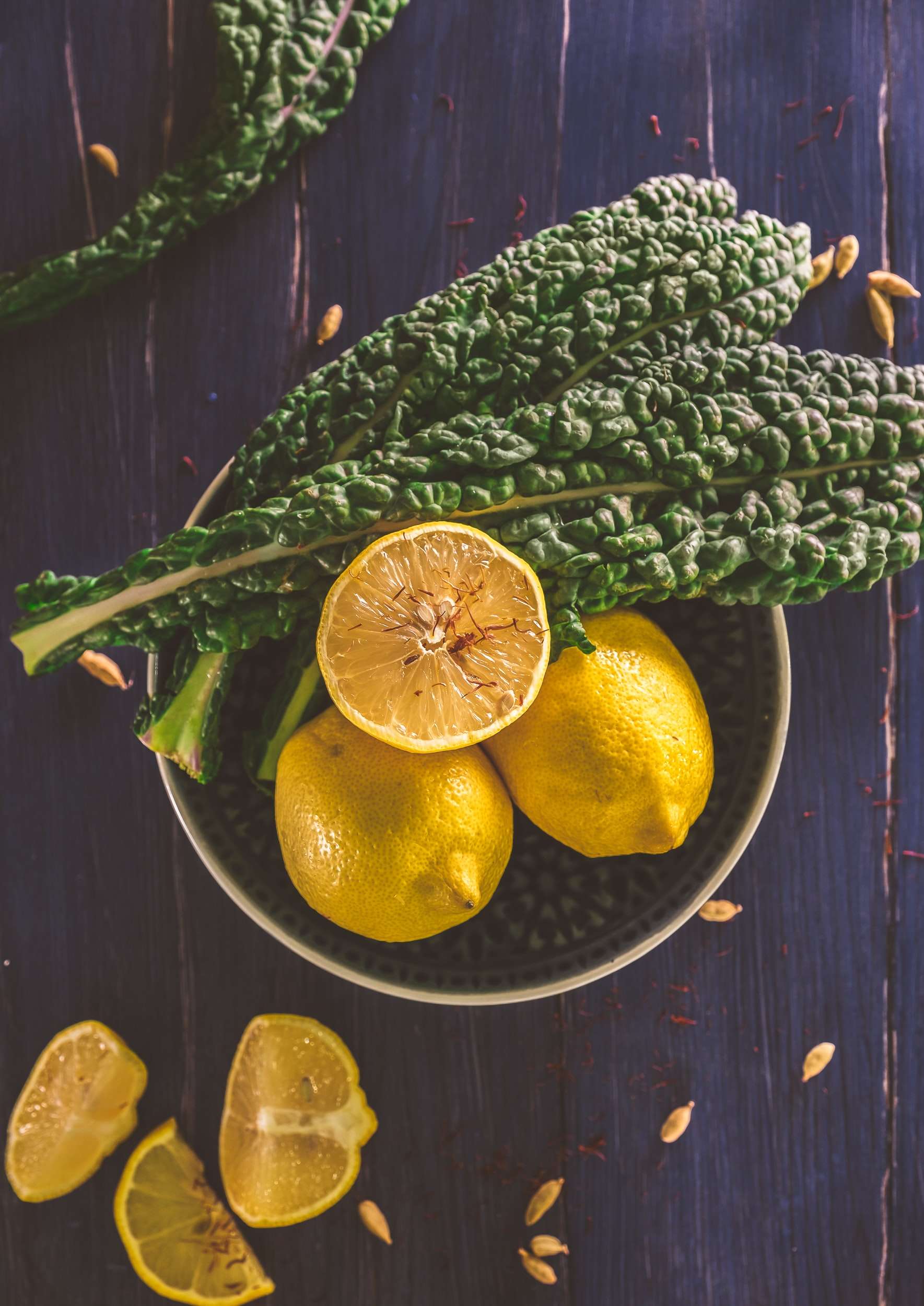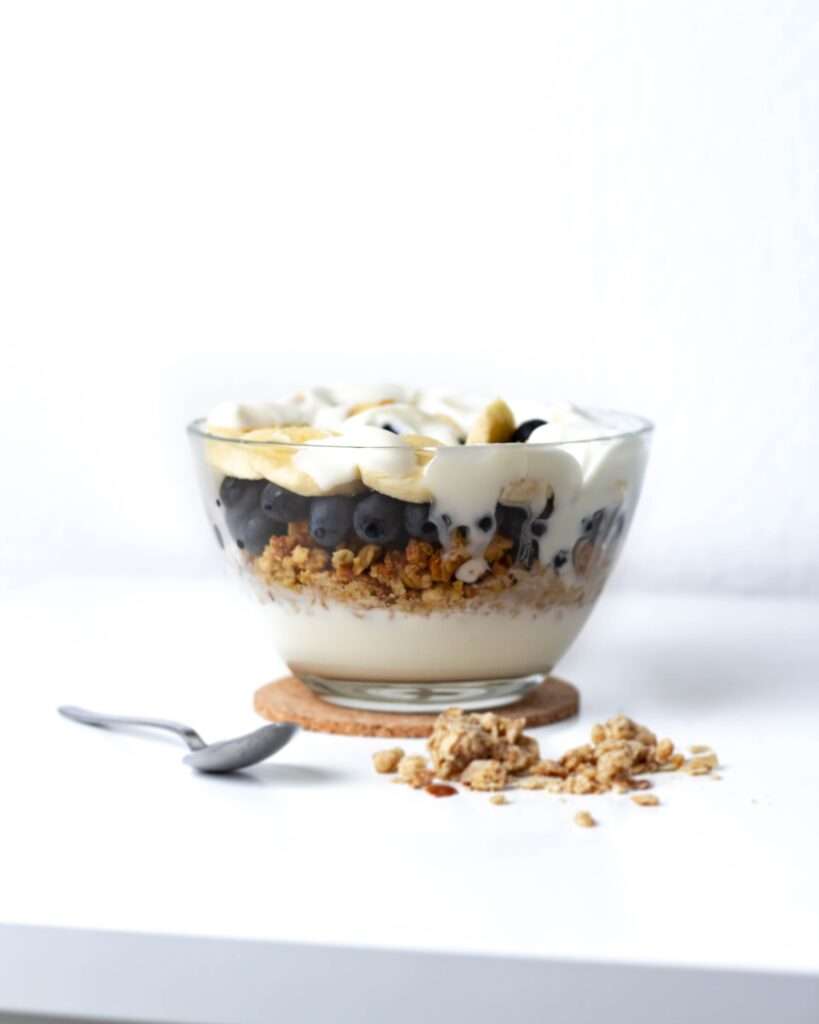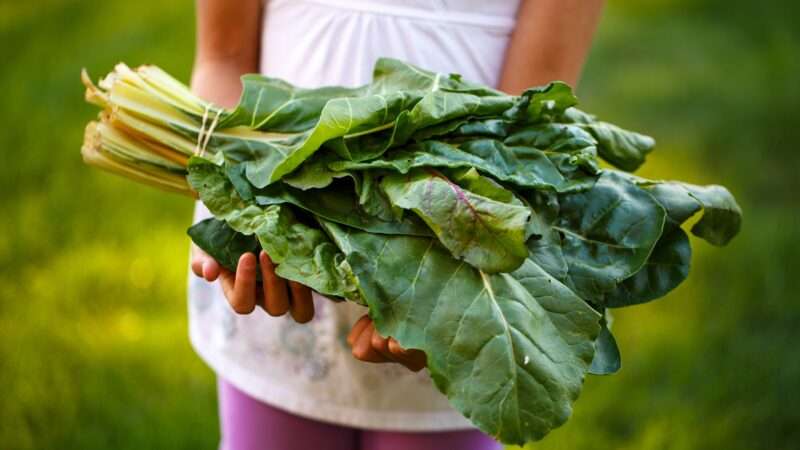Best Foods to Help in Digestion and What to avoid.

Let's face it; we've all had to deal with gas and bloating. The worst part is that it can happen anytime, even after a healthy meal. Unfortunately, these digestive issues are widespread, but you can take steps to prevent them. One best way to do this is by eating foods that help digestion.
Digestion plays a crucial role in keeping our bodies healthy and functioning properly. Just like everything else in life, it doesn't always work as planned. There are a few easy tricks to help ease your digestive woes, such as eating foods that help your digestive system function optimally. This blog post will discuss foods that are helpful for digestion and which ones to avoid.
Symptoms of digestion problems
Your digestive system comprises many organs and systems that work together to facilitate proper digestion and elimination. Sometimes, bad food disrupts this process and causes problems. Here are a few symptoms you can have when there is a problem with your digestive system.
- Bloating
- Gas
- Constipation
- Diarrhea
- Nausea
- Vomiting
- Heartburn
8 Foods that affect the digestive system
While many different foods can cause digestive issues, there are also a few that stand out. These include:
- Artificial Sweeteners
Many food manufacturers use sweeteners, such as aspartame and saccharine, to sweeten foods and drinks. These sweeteners have been known to cause gas and bloating due to the way they are broken down in your body.
These sweeteners are broken down into chemicals called amino acids. Amino acids are broken down into gases that can build up in your intestines and leave you with a lot of gas and bloating.
2. Beans
Beans can cause issues for those with digestive problems. This protein-rich crop has also been known to cause gas and bloating. This can be due to the way they are broken down in the body and the nutrients they contain.
Beans contain a variety of different nutrients. They include lots of fiber and nutritious protein; however, they also contain carbohydrates that are difficult to digest and can result in bloating and cramps. They contain enzymes the body cannot break down; hence, your gut's bacteria is left to perform the task, producing gas in the process.
3. Dairy products
Dairy products, especially milk and cheese, can cause digestive issues for those with sensitive digestive systems. This is because they are high in lactose and contain other substances that digest too slowly, leading to gas and bloating. Individuals who are intolerant to lactose are at a higher risk of experiencing digestive issues when they consume dairy products.
4. Too much fiber
It's been suggested that high fiber consumption can slow down your digestive system, leading to digestive issues. Fiber is good, but too much of it can cause serious problems that may require medical attention.
5. Fructose
Fructose is a sweet disaccharide found naturally in many fruits, vegetables, and even honey. However, it can cause bloating and gas in some people. This is because the body has trouble digesting fructose.
Some people have trouble digesting foods that have been sweetened with this, including sodas, sweets, fruit juices, and pastries. This could result in cramping, bloating, and diarrhea.
6. Spicy foods
Spicy foods are digested easily by the body, but they could leave you with some unpleasant symptoms. Red chili peppers and some other spicy foods contain a compound called capsaicin. Capsaicin is known for its pain-relieving effect on the body. However, it also can cause digestive problems in some people.
Each time a person eats chili peppers, the body produces a chemical to deal with them. Because this chemical is formed too quickly, it can result in digestive issues such as burning, diarrhea, nausea, and vomiting.
7. Alcohol
Alcohol consumption can result in significant bloating, stomach pain, and abdominal discomfort. Because alcohol is absorbed very quickly in the small intestine, enzymes don't have enough time to break it down before it gets absorbed into the bloodstream.
This means that much of the alcohol remains in the body, causing unpleasant symptoms such as nausea, headache, and drowsiness.
8. Carbonated Beverages
Carbonated beverages can also cause digestive problems because enzymes do not break them down. As a result, these drinks can cause gas retention, which can lead to bloating. They may also contain lots of steroids and other ingredients that do not leave the body quickly.
Now that you know what to avoid to help with digestion let's take a look at what you should be eating to get your digestive system back on track.
8 Best foods that help digestion
While many foods can be harmful to those with sensitive digestive systems, there are also a few that are beneficial. Here are some of the best.
- Yogurt

One of the best foods that help digestion is yogurt. Yogurt is a fermented dairy product that contains beneficial bacteria called probiotics. These probiotics help to break down and digest food in your gut with the help of the beneficial bacteria found in them.
Although your gut already contains some flora, increasing your consumption of foods like yogurt might improve digestion and consequently lead to an improved immune system.
Many people use probiotics as a home remedy for constipation, diarrhea, and other digestive disorders. They have also been demonstrated to facilitate lactose digestion, which can be beneficial for lactose intolerant individuals.
It is important to note that not all yogurt contains probiotics. You should always check packages to ensure that you buy the ones labeled ‘live and active cultures' when shopping for probiotic yogurt.
2. Ginger
This is a herb with many health benefits, especially regarding digestive issues. It contains gingerol, which is a compound that can help with digestion. The root of the ginger plant has been used to treat digestive issues for hundreds of years. Some research has found that ginger can help reduce bloating and promote weight loss. It is also loaded with antioxidants that help fight against cell damage.
Ginger root can be sliced, dried, and ground to powder. This powder is a fantastic spice for seasoning food and can be used to make ginger tea.
When adding ginger root powder to food, choose one of high quality. For the best results, use fresh ginger root in your tea.
3. Fruits
Fruit can also be beneficial for your digestion. You have to do is wash and eat them. Fruits are lower in calories and full of vitamins and minerals essential for good health. They promote good digestion because they contain fiber and water.
Fruits are packed with various essential vitamins, minerals, and antioxidants that can help improve gut health, especially in people with digestive health diseases such as Inflammatory bowel disease.
4. Vegetables
Over the years, vegetables have been used as a form of medicine. They contain fiber and are also packed with vitamins and minerals that can benefit your body. Many vegetables also contain water and other liquids, which can help keep your stomach full.
One benefit of vegetables is that they are low in calories; hence, they are a helpful way of following a healthy diet, especially when you are trying to lose weight.
5. Oatmeal
Oats are not only a great source of fiber, but they are also full of vitamins and minerals that can help to boost the immune system and promote better digestion.
They can also help with weight loss and serve as a great post-exercise snack. They are a great source of nutrients and an excellent breakfast cereal. Try eating some high-fiber foods like oatmeal to help aid digestion.
6. Whole-grain foods
In contrast with refined grains, which have been stripped of all their nutrients, whole-grain foods contain all of their nutrients. This makes whole-grain foods ideal for anyone looking to improve their digestive system.
Whole grains can help to manage symptoms associated with irritable bowel syndrome (IBS) and other digestive disorders. Whole grains are also rich in fiber. If you are gluten intolerant, you may have to check with your doctor before indulging in whole grains due to their gluten content.
7. Kefir
This is a fermented dairy product extracted from kefir grains that contain probiotics and enzymes. It can be made with grass-fed milk or plant-based milk products. You can consume kefir with fruit and sweeteners or plain.
Kefir is one of the best foods that help digestion. It contains beneficial bacteria that can help your digestive system.
8. Beets
These are root crops that can help to support a healthy digestive system. They contain bioflavonoid pigments that offer antioxidant protection and are thought to help with stomach, intestinal, and colon health.
Conclusion
The digestive system is a complex one. While it's made up of several vital organs, each of these parts depends on one another for good overall health. Regular exercise and sleep are also essential for a healthy digestive system.
Including the best foods that help in digestion can make a difference in how you feel. This can include many different items, as there are many different things that you might want to increase your intake of.
For instance, you might include more fiber or simply more drinks to help keep your system moving. If you're thinking about what you can do to improve your digestion, start by giving these foods a try. You'll soon be feeling better and enjoying a more balanced life.






